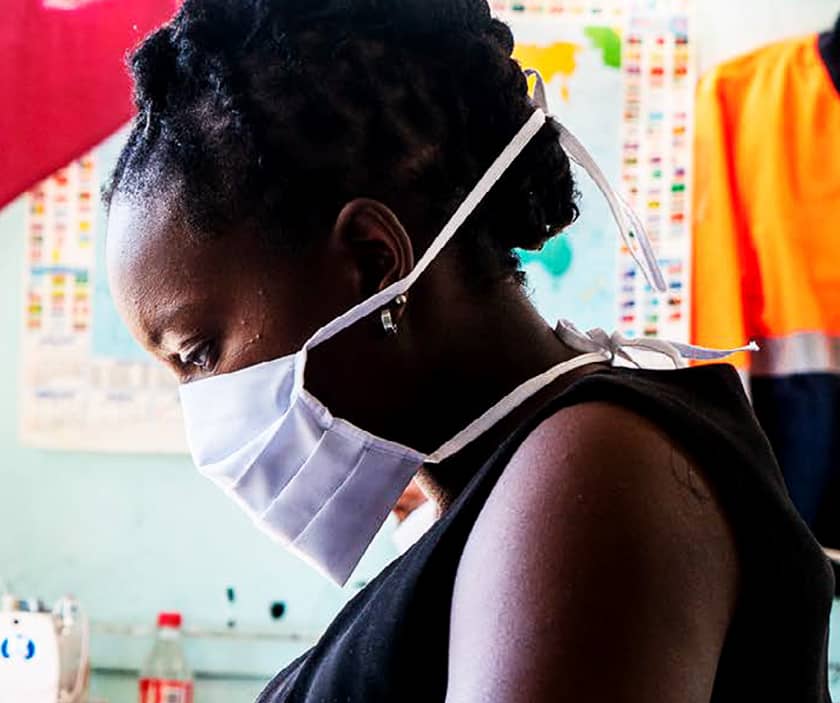Join us in calling on fashion companies to say ‘Yes!’ to the COVID Fashion Commitments
In the global fashion supply chain, COVID has significantly magnified longstanding concerns around wages, worker health and safety, and labour rights. And that means the daily risks faced by the garment workers who make our clothes have massively increased.
This is why we have developed the COVID Fashion Commitments: six straightforward commitments for fashion brands in Australia to make to the workers in their supply chains – and for us as consumers to call on them to deliver.
In light of the devastating impact of COVID on garment workers, we commit to working together to do all we can to:
For further explanation of each Commitment, see below.
These commitments are aligned with the International Labour Organisation’s Call to Action, and calls from other civil society groups.
The fashion brands you buy from rely on a web of suppliers to cut and sew the clothing, produce the fabric, and grow the raw materials. At each step in this chain, workers are reliant on the global fashion industry for their income. The further back we go in this supply chain, the more hidden these workers are – and the greater the risk that their employers and governments won’t have the resources, or the will, to support them through COVID.
The steps that fashion companies take now – for better or worse – will have a ripple effect through their entire supply chains. Our shared goal to protect workers and improve their working conditions has never been more important.
Baptist World Aid’s response is the COVID Fashion Commitments.
Baptist World Aid has also published a special edition of the Ethical Fashion Report that assessed the way individual companies and the industry have actively stood with workers during COVID, and the efforts they started making to ensure their post-COVID business practices are more focussed on the wellbeing of workers and the world.
READ THE REPORT
